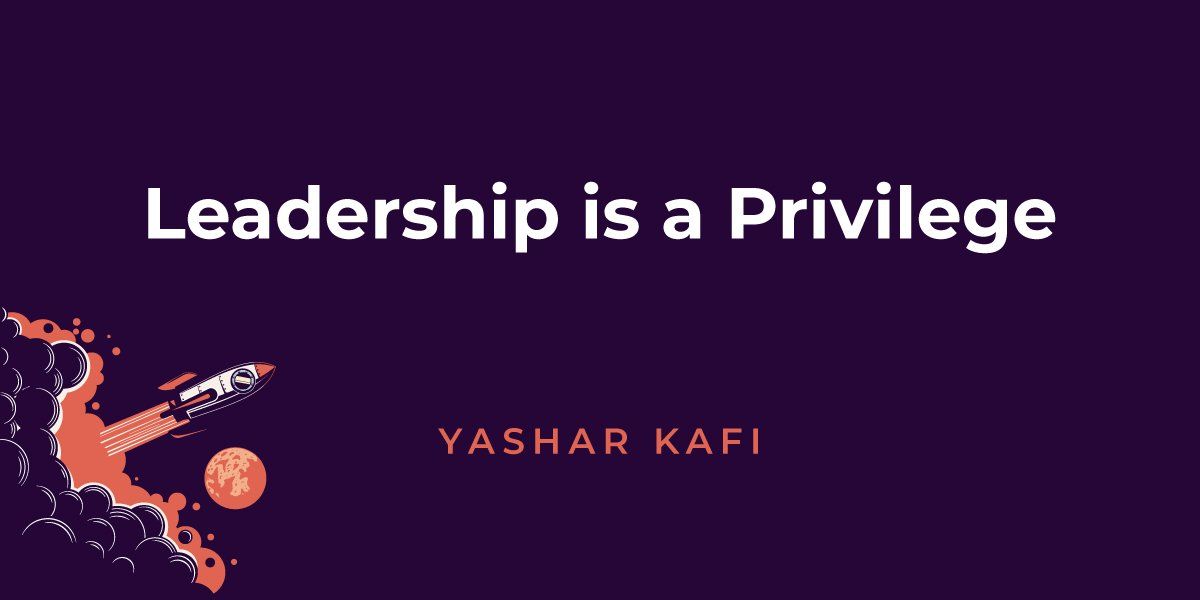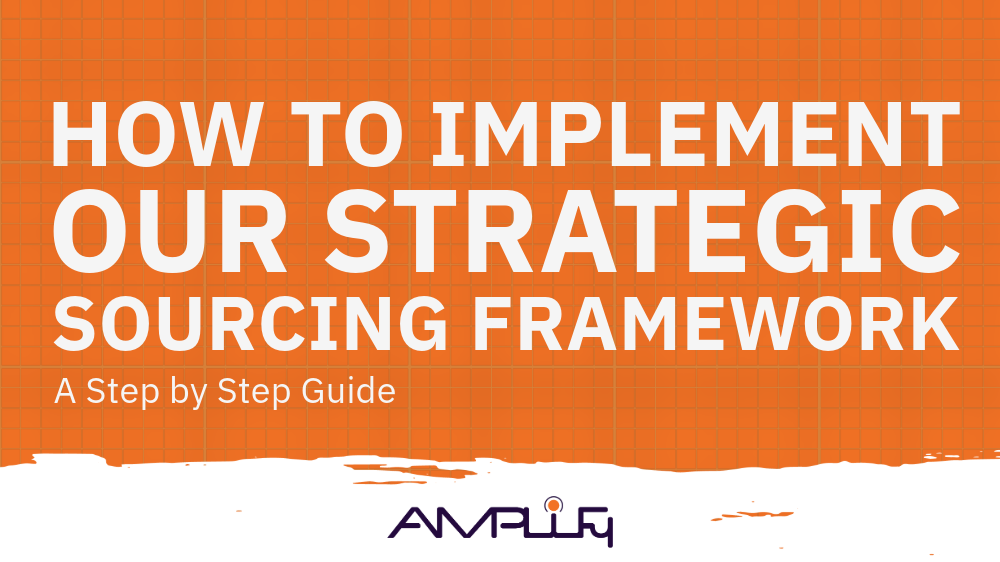Leadership is a Privilege
A common issue I have come across is the tendency of a leader or CEO/executive to have a skewed vision of what leadership means. I’ve seen a full range of takes on the role among leaders I have dealt with, but a few immediately spring to mind.
Ogres of Entitlement
I have seen far too many leaders act as if they are entitled to the position they hold. As if they are owed all of the success they have, and all of their juniors similarly “owe” them respect and humble servitude. I shouldn’t have to say how toxic—and debilitating—this is for employees and a company as a whole. Not to mention how it fosters a corporate culture of resentment from employees who dislike being treated like cogs in a corporate wheel with the sole purpose of responding to the CEO.
Not only is this type of environment toxic, but a company being led by a CEO driven by a sense of entitlement is alienating, as there is such a clear distinction between the mindset of me versus we. With entitled leadership, it becomes painfully evident that the leader is in it for personal gain above all else.
Beasts of Burden
Next, we have the leaders who see their role as not just a responsibility to respect and take seriously but a burden to shoulder. These folks tend to be wildly dramatic about it, taking the martyr complex to a whole new level with equally devastating ramifications as entitled CEOs. While it is true that CEOs, especially new ones, have to deal with the expectations of being a good leader—which can lead to loneliness, isolation, high pressure, etc.—most leaders learn this quickly, then adapt and adjust.
But not these folks. Instead, they dive deep into the mindset that everything is up to them at the end of the day. The weight of the world is on their shoulders versus working alongside and learning to trust and lean on their employees as a unified team. This lack of teamwork and the mindset that they have to shoulder the role alone can cause the CEO to micromanage their team—and we all know the total train wreck that ensues from there.
Privileged Pioneers
Finally, let’s have some positive examples. There are those CEOs who see their role of leadership as a privilege. These folks are confident enough to know that they have earned their position yet don’t fall into the entitlement trap. They also have been able to evade the burdened CEO mindset. I am in this camp. These CEOs are competent, experienced, and talented people who still see their positions as a gift that has been given to them with the trust of their team. And what does good leadership look like? Well, once you see your leadership position as a privilege, it changes how you view—and approach—everything.
You see your employees not as your servants but as individuals who trust you—and in essence, grant you permission—to lead and direct them. You see your projects as exciting possibilities to approach collaboratively, excited about the innovative ideas and input that your team will bring to the table (all of which you will be open to listening to and implementing).
It’s all about your attitude and the way you view your position as a leader. Consider it something owed to you, and you will undoubtedly come up short, stripped of respect, loyalty, and appreciation from your team. Consider it a burden, and it will weigh you down. Consider it a privilege, and you win the prize.
And what is that prize? A positive corporate culture consisting of a thriving team that respects and wants to follow you down the road to success.




